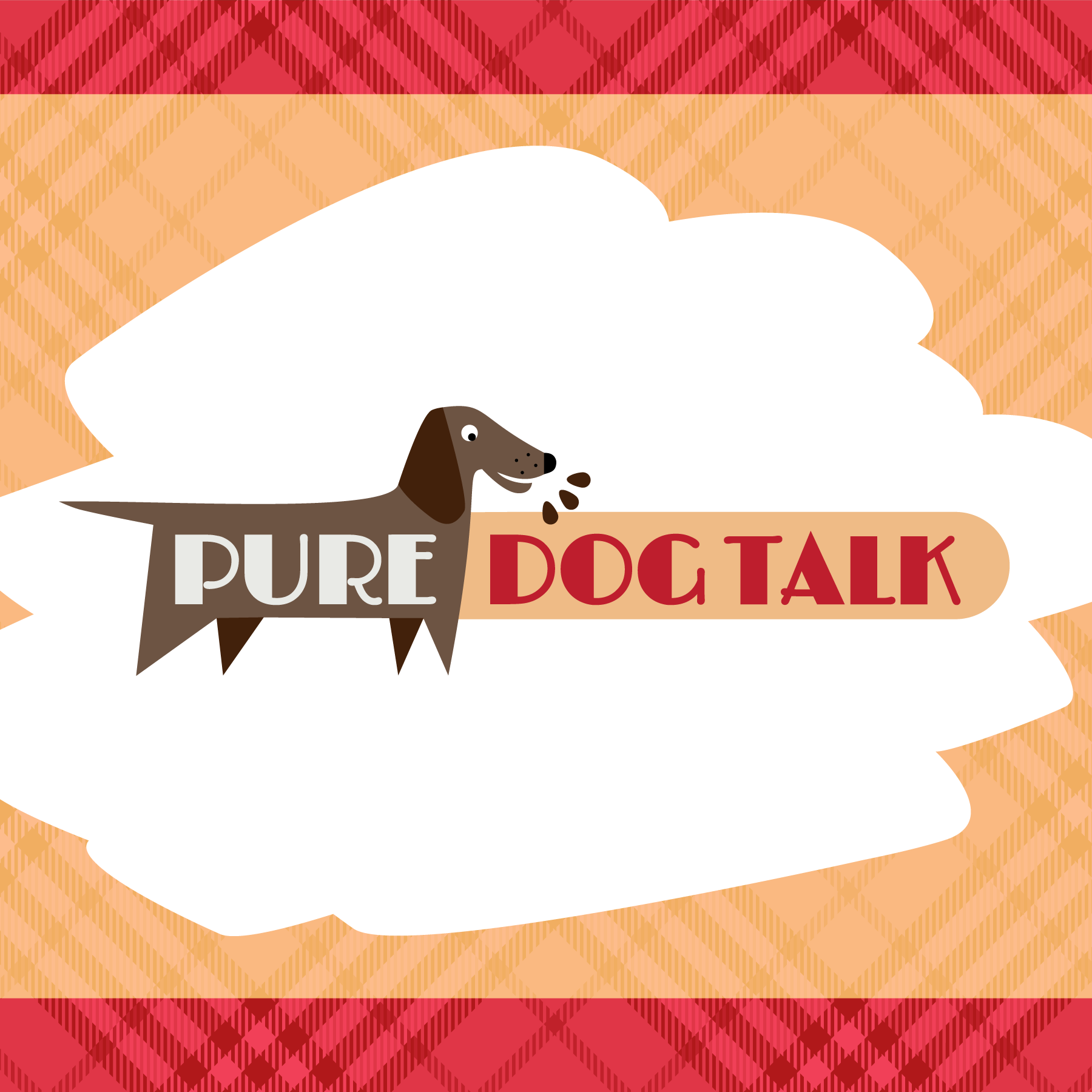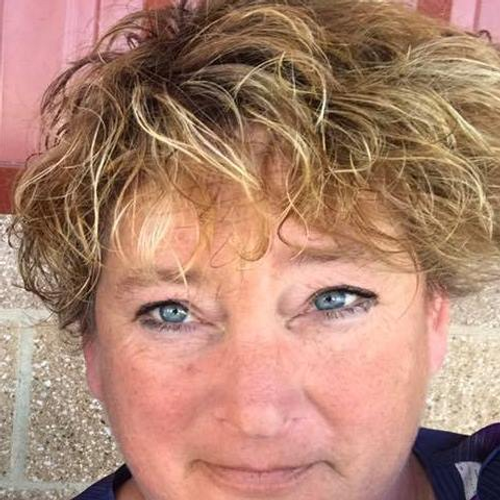333 – Pyrenean Shepherd: Small, Smart, Rare
Pyrenean Shepherd: Small, Smart, Rare
Pyrenean Shepherd fancier Joni McKeown shares details of this endangered herding breed from the Pyrenees mountains of France. The small herding breed accompanied the Great Pyrenees guarding the flocks that moved between the isolated and remote regions of the mountains and valleys.“When people come to shows, everyone thinks they are cute. They have a mischievous, funny sense of humor, and a really cute little head, but this is a working dog. It should not just be a pretty face,” McKeown said.
A brindle PyrShep showing cording on the back half of the dog as is correct.
“Because of their job, the breed is just hardwired to see the world as friend or foe. There’s not a lot of grey area for them. Preserving that heritage is so important. French judges fuss at us for how friendly our dogs are. We kind of live in a world where we need the dogs to be friendlier. But we’re losing genetics if we start turning a Pyrenean Shepherd into a Golden Retriever (temperament). You can’t expect to have that across the board,” McKeown said.
Faces rough or smooth
Differences between the two “types” are notable. Head and body structure are different and both types are born in the same litter. Traits definitely pass together, McKeown observed. The rough face develops a characteristic “windblown look” of hair on its face, she added. “This is the only breed that only cords on the back half of the body. In France all the adult dogs are corded. Different dogs have different types of cords. In the US you don’t see that many people cording the dogs. It’s a very rustic look. But you can keep them brushed out,” McKeown said. The standard offers no preference for corded or not in the show ring. The coat is described as half way between sheep and goat hair. It has a very coarse texture. Exhibitors are encouraged to not do a lot of bathing or blow drying as it changes the coat texture. The standard also includes strong penalties for trimming anything but the pads of the feet.Best owners
PyrSheps can live 17 to 20 years. They need a dedicated owner who will give them lots of activity, McKeown noted.“These dogs really, really need a job. The breed is brilliant. Almost frightening sometimes the things they figure out. They’re not always the best breed for a novice dog owner. More intense even than other herding breeds because they’re closer to the roots,” McKeown said.



